
Cell Cycle and Cell Division Questions and Answers (PDF)
Cell division is an essential process by which cells replicate to ensure growth, development, tissue repair, and reproduction in living organisms. The two primary types […]

Cell division is an essential process by which cells replicate to ensure growth, development, tissue repair, and reproduction in living organisms. The two primary types […]
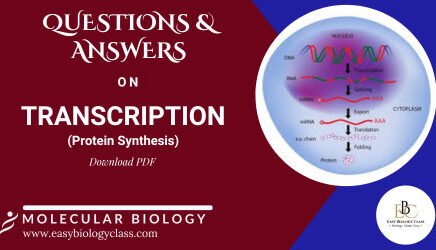
Transcription is the biological process where the genetic information in DNA is copied into messenger RNA (mRNA) for protein synthesis. It is the first step […]
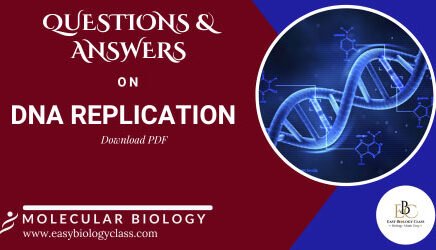
DNA replication is the biological process by which a cell duplicates its genetic material before cell division, ensuring that each daughter cell receives an identical […]
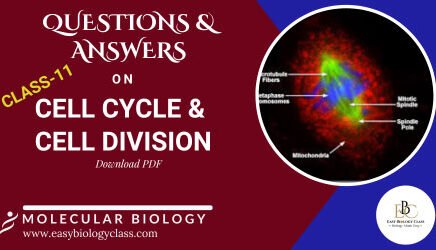
The cell cycle is a series of events that take place in a cell leading to its growth, replication, and division into two daughter cells. […]
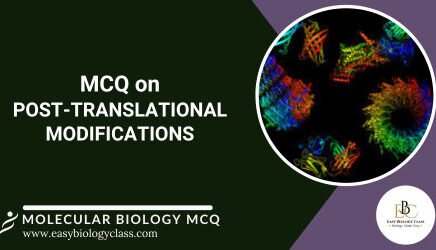
Post-translational modifications are chemical changes made to proteins after translation, which affect their function, stability, and localization. These modifications include processes such as phosphorylation, glycosylation, […]
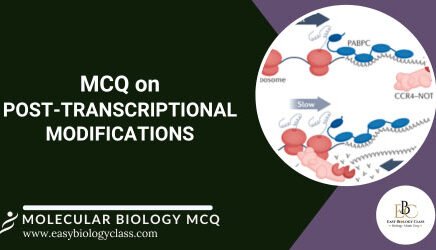
Post-transcriptional modifications are processes that modify pre-mRNA into mature mRNA after transcription in eukaryotic cells. These modifications include the addition of a 5′ cap, splicing […]
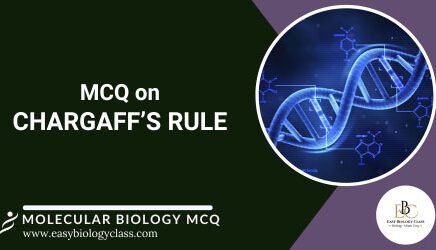
Chargaff’s rule is a key principle in molecular biology, stating that in DNA, the proportion of adenine (A) always equals that of thymine (T), and […]

DNA ligase is an essential enzyme that facilitates the joining of DNA strands by catalyzing the formation of phosphodiester bonds between adjacent nucleotides. It plays […]
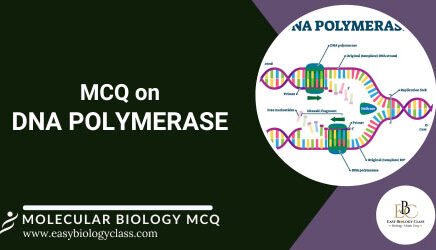
DNA polymerase is an enzyme responsible for synthesizing new DNA strands during replication by adding nucleotides to a pre-existing strand using the original DNA as […]